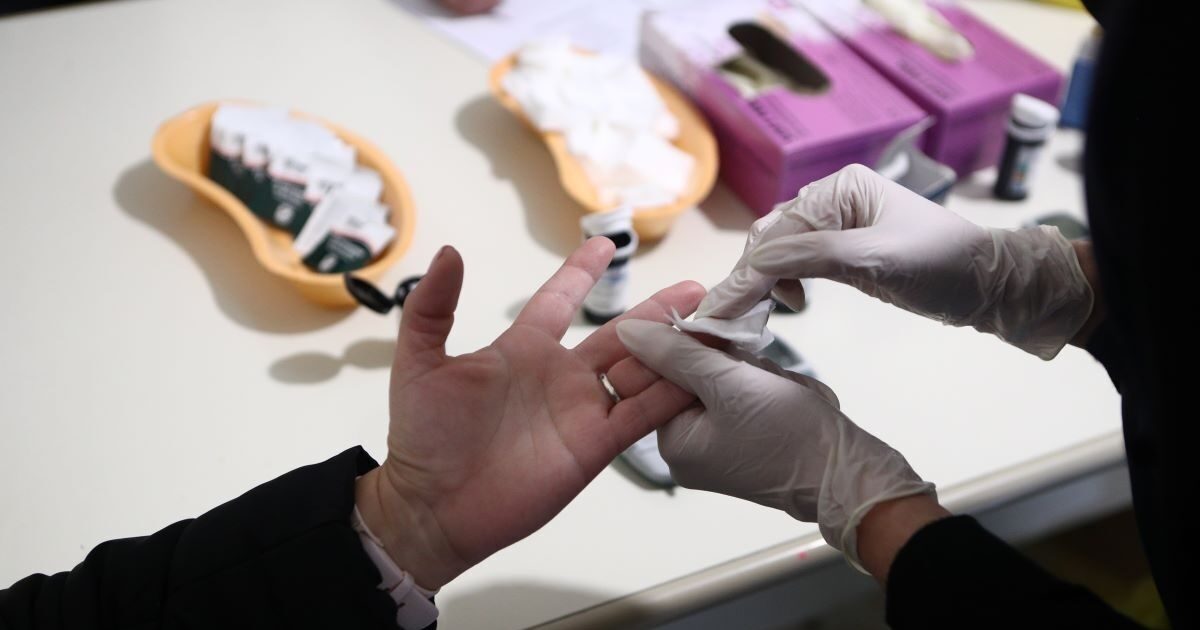- Concern exists in Britain After the manifestation of pancreatitis by people taking medicines for the diabetes.
Reports on dozens of patients receiving semaglutide or tirzepatide (new type 2 diabetes and slimming drugs) and have expressed a potentially dangerous side effect on the pancreas, the British Authority has accepted.
These medicines are available under the commercial names Ozempic and Wegovy (for semaglutide) and Mounjaro (for Tirzepatide).
They are very effective in regulating two serious diseases: type 2 diabetes and obesity. However, people who just want to lose some unnecessary pounds easily and quickly.
However, although they provide many health benefits (among other things, they also have cardioprotective action), there are no powerful drugs that may have side effects. For this reason they should only be taken with medical prescription and monitoring, experts point out.
According to data from the Health Care & Health Products Regulatory Authority (MHRA), a few hundred patients, out of a total of 1 million taking the new drugs, presented pancreatitis, that is, inflammation in the pancreas. In particular, he has accepted:
- 181 Reports for patients receiving Mounjaro and developed acute or chronic pancreatitis
- 113 Reports for patients receiving Ozempic ή Wegovy and manifests pancreatitis
Six of these patients died (the five were taking Mounjaro). Some cases of pancreatitis have also been reported with other medicines of the same category, but are less commonly used.
The suspicious symptom
As MHRA reports on its website, it is well known that GLP-1 receptor agonists may be related to pancreatic inflammation.
This side effect is not common. But it can be serious, Mhra points out. Its main symptom is severe stomach pain that reflects on the back and does not recede. Anyone who manifests such pain should seek medical help immediately, he adds.
Another correlation, however, and another cause-effect relationship. Evidence that these medicines are the cause of pancreatitis. In the UK, 560 cases of pancreatitis per 1 million population in people who do not take these medicines are also reported in Britain. In these cases the main causes are bile stones (gallstones) and alcohol.
New study
To explore the issue, MHRA and Genomics England start a study to consider whether some people carry genes that put them at an increased risk of pancreatitis if they take these peers.
As part of the study, saliva samples from patients who have pancreatitis will request. Others will have taken the new drugs and others do not.
“Glip-1 fighters monopolize public interest. Like all medicines, however, they may have side effects, “said Dr. Matthew Brown, Professor of Medicine at King’s College, London (KCL) and Scientific Director of Genomic England.
“We believe that there is a true ability to reduce these side effects, because many have a genetic etiology. Our study with MHRA will provide data for safer and more effective treatment of patients, “he added.
The reaction of pharmaceutical companies
“Patient safety is a top priority for us,” the Lilly company produced by Mounjaro said in a statement to the British press. In addition, the leaflet of the use of the drug “mentions inflammation in the pancreas (acute pancreatitis) as an unusual adverse effect (affects up to 1 in 100 people),” he adds.
The company also recommends that patients “talk to their doctor before taking Mounjaro if they had ever developed pancreatitis”.
Similarly, Novo Nordisk UK producing Wegovy and Ozempic drugs points out: “Patient safety is of the utmost importance to Novo Nordisk. As with all medicines, there may be side effects that differ from patient to patient. The well-known risks and benefits of the GLP-1 family’s drugs are described in the leaflet. “
And he concludes: “We recommend that patients take these medicines only for their approved indications and under the strict supervision of a physician who will also advise them on potential side effects.”
Source: iatropedia.gr
